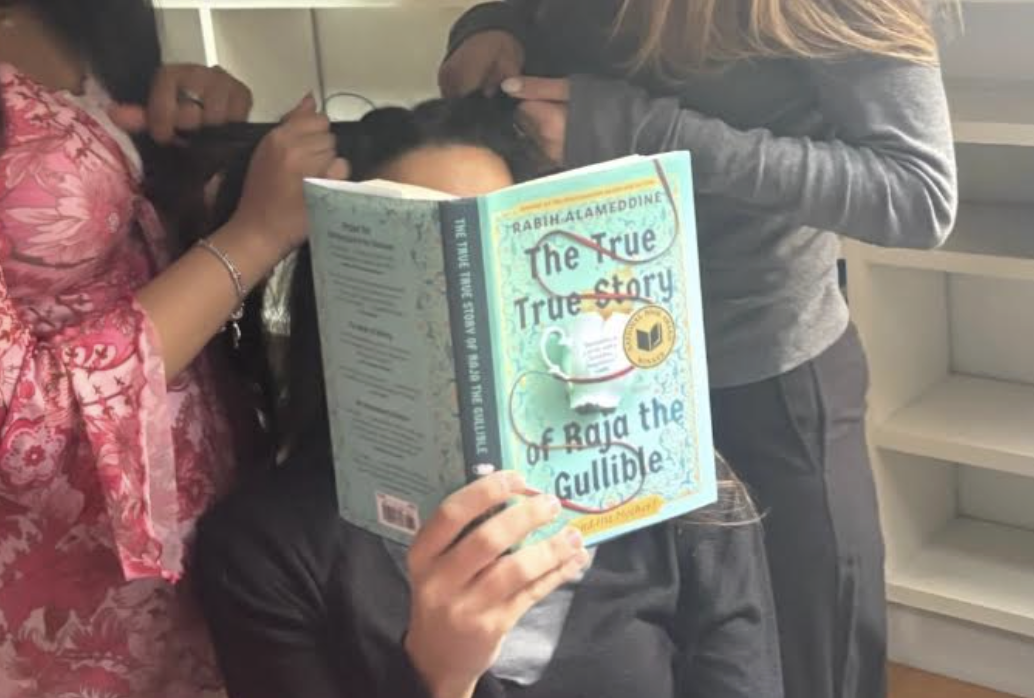Spotify users have anticipated the release of the annual Spotify Wrapped since 2016, which typically compiles a user’s listening data from the entire year. Spotify Wrapped was released on Dec. 3 this year; its late release was the least of users’ worries.
In the past, Wrapped would share various statistics such as a user’s top genres, how their music tastes may change throughout the day, and one’s ‘listening personality.’
This year, when users were met with descriptions such as a “Cinnamon Softcore Art Deco phase” and “Pink Pilates Princess Strut Pop season,” they were left immediately disappointed and underwhelmed.
Spotify describes the annual wrap as “a massive effort showcasing the hard work and creativity involving hundreds of Spotify team members each year.” However, it was clear to users just how prevalent the use of artificial intelligence was in this year’s Spotify Wrapped.
For this year’s Wrapped, Spotify partnered with Google’s NotebookLM to create a 2–3-minute AI podcast summing up your statistics, an AI DJ, and an AI playlist. The largest issue users had specifically with the podcast was that it did not explore anything deeper either; it only repeated all the same information featured in the regular Spotify Wrapped slide videos.
Spotify made a statement claiming that this use of AI makes every user’s Spotify Wrapped more personal; however, users claimed it had the exact opposite effect on them, creating a sense of inauthenticity.
Days leading up to the release, a multitude of videos popped up all over social media platforms like TikTok speculating the date of the release and what fun new features they may produce this year. Upon its release, users were left with a disappointing feeling of ‘that’s it?’
Glenn McDonald, the former top data alchemist at Spotify, was fired during the layoffs, which users believe is the reason why there was no genre analysis like previous years and the ‘word salad’ month phases instead.
McDonald released a statement of sorts on this year’s Wrapped, sharing with users an experimental platform he created that the users themselves can use to get their proper statistics and learn how to analyze them on their own.
“You should be grateful to them for giving you a tiny yearly glimpse of your own data. But your data is yours,” he said. “You should not have to elaborately ask for it, but that tends to be the state at the moment.”
This has upset users to the point where some have even canceled their premium membership and switched to Apple Music, which has a similar ‘Replay’ feature that shares yearly statistics, seemingly without the overt use of AI, also broken down by month.









